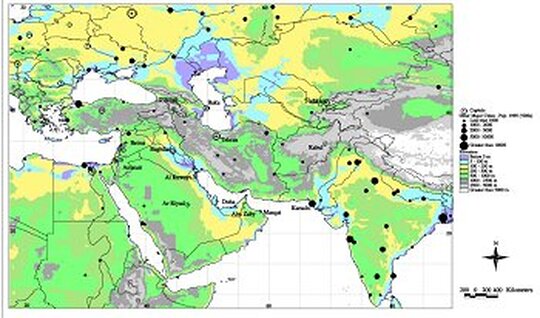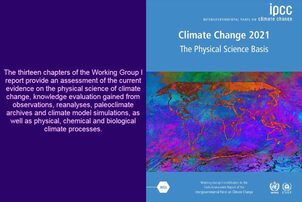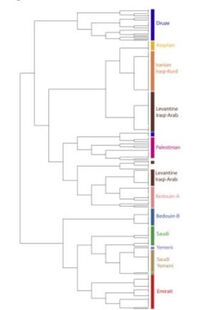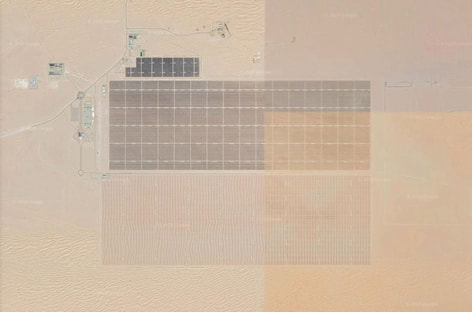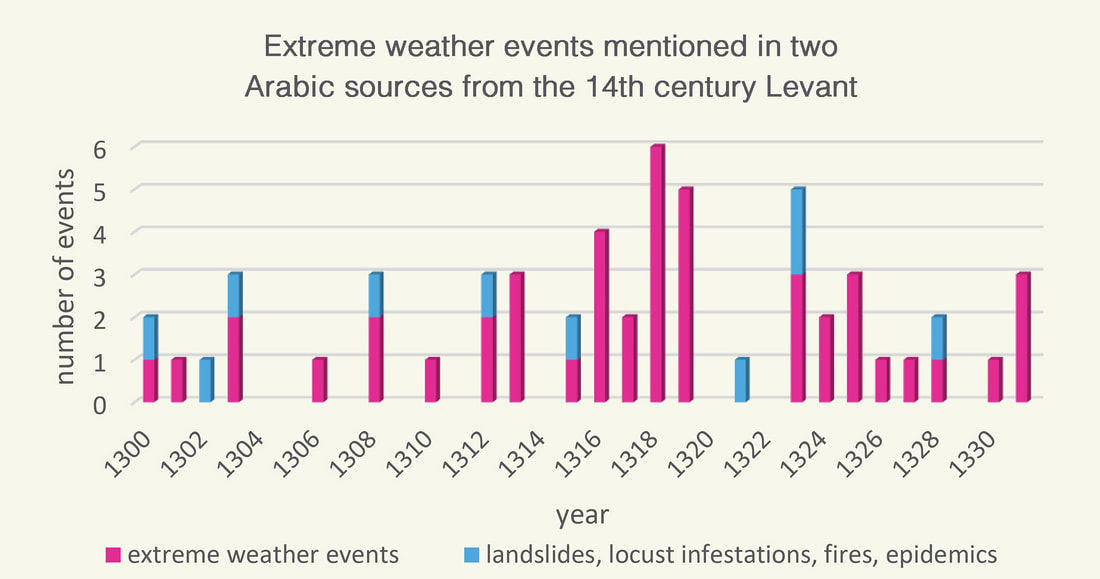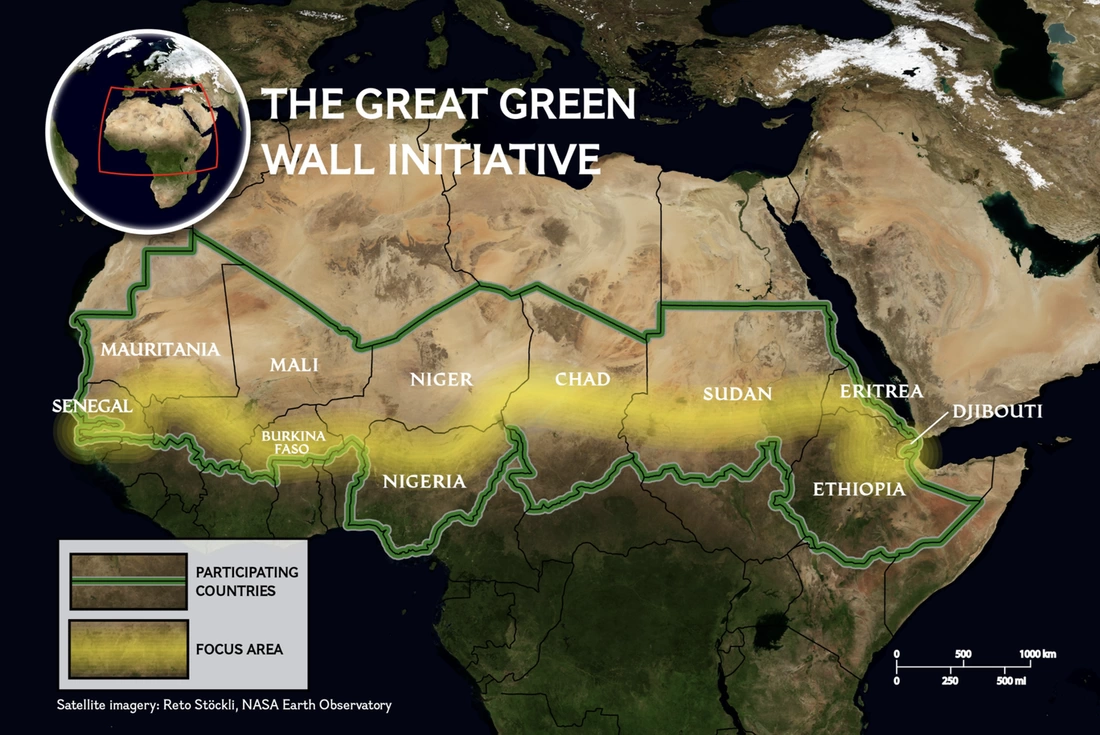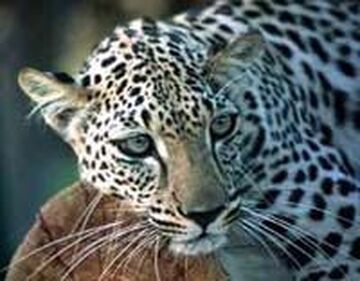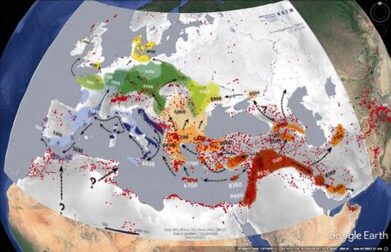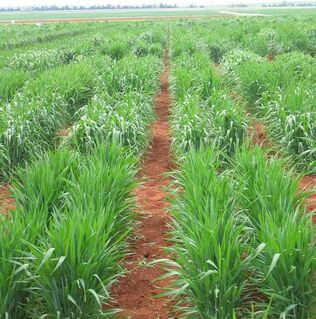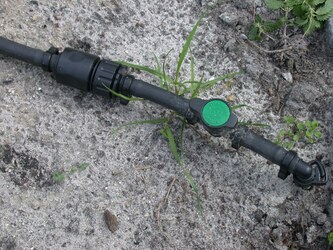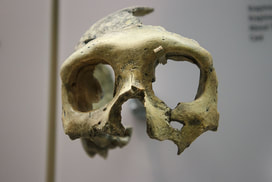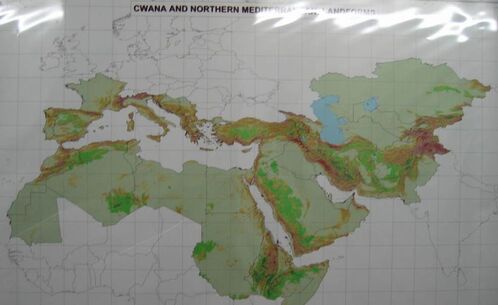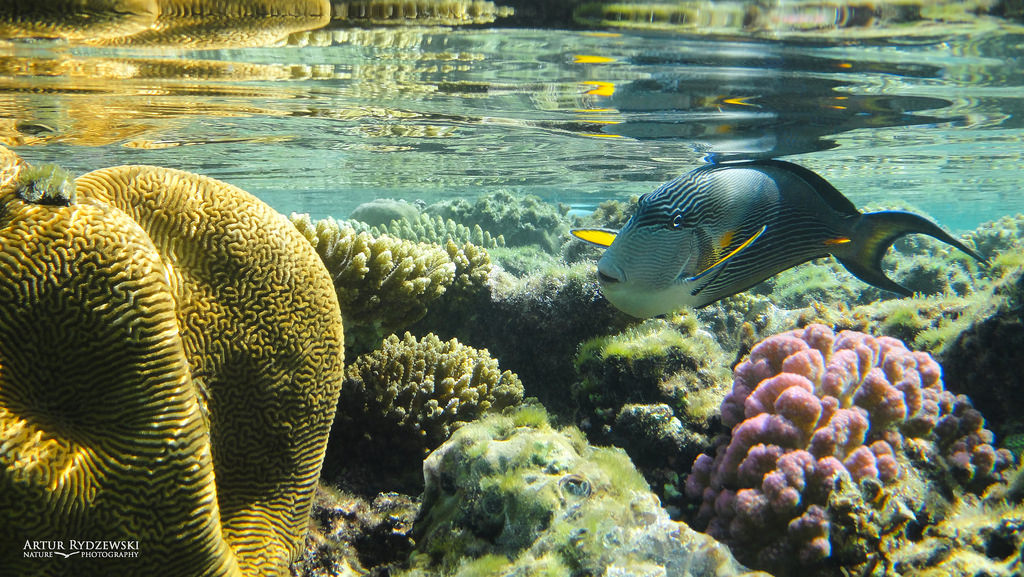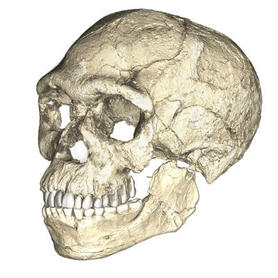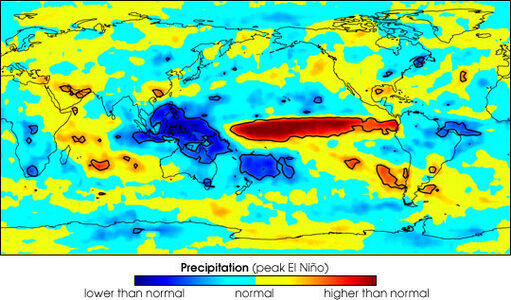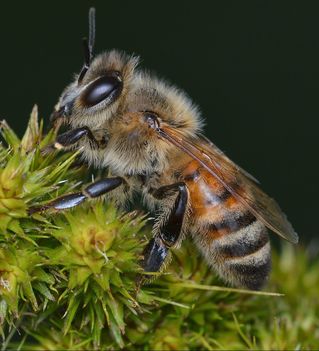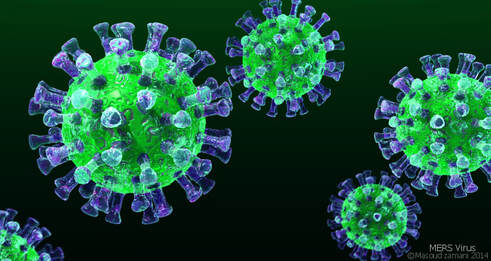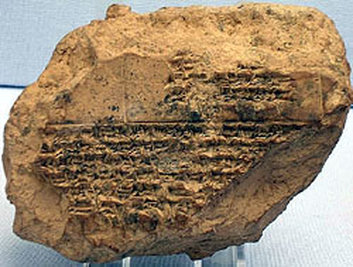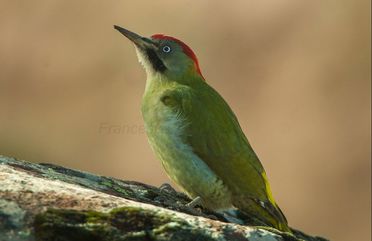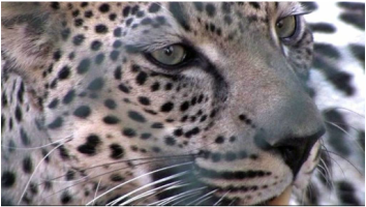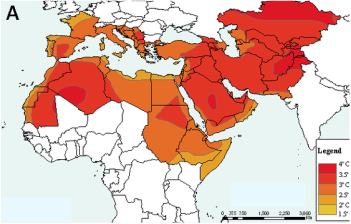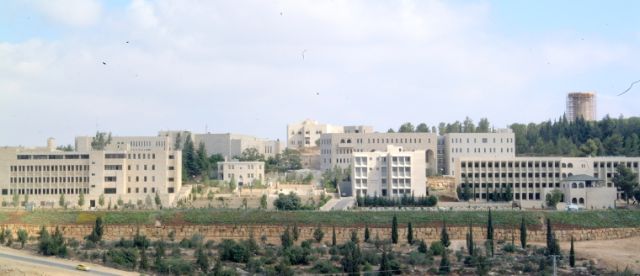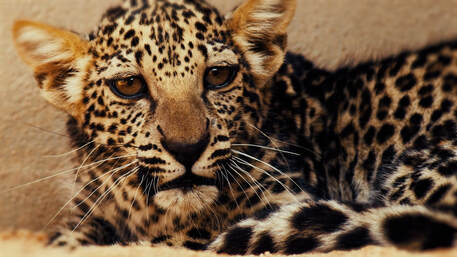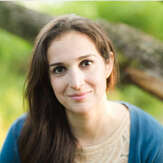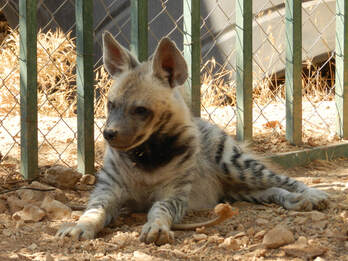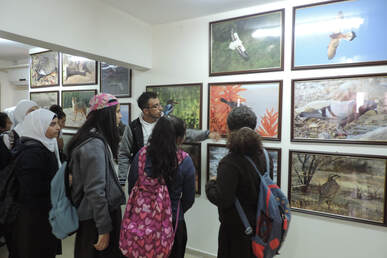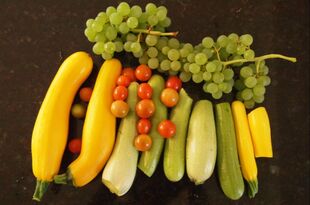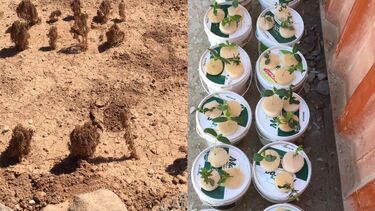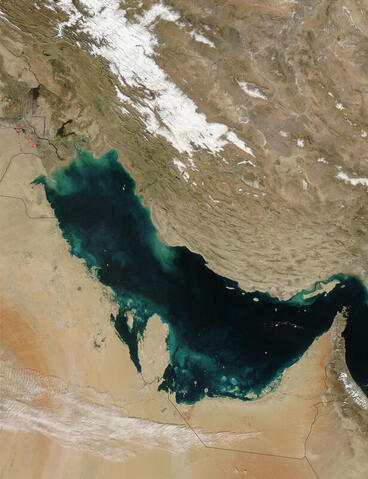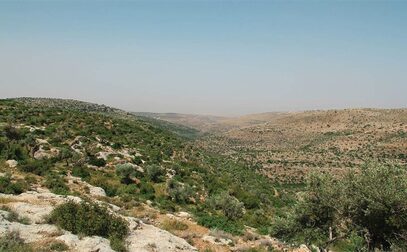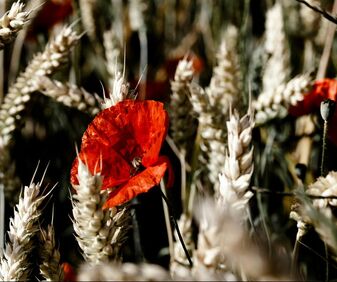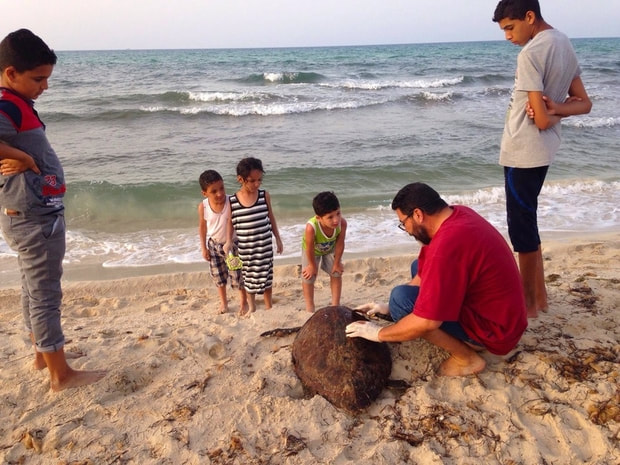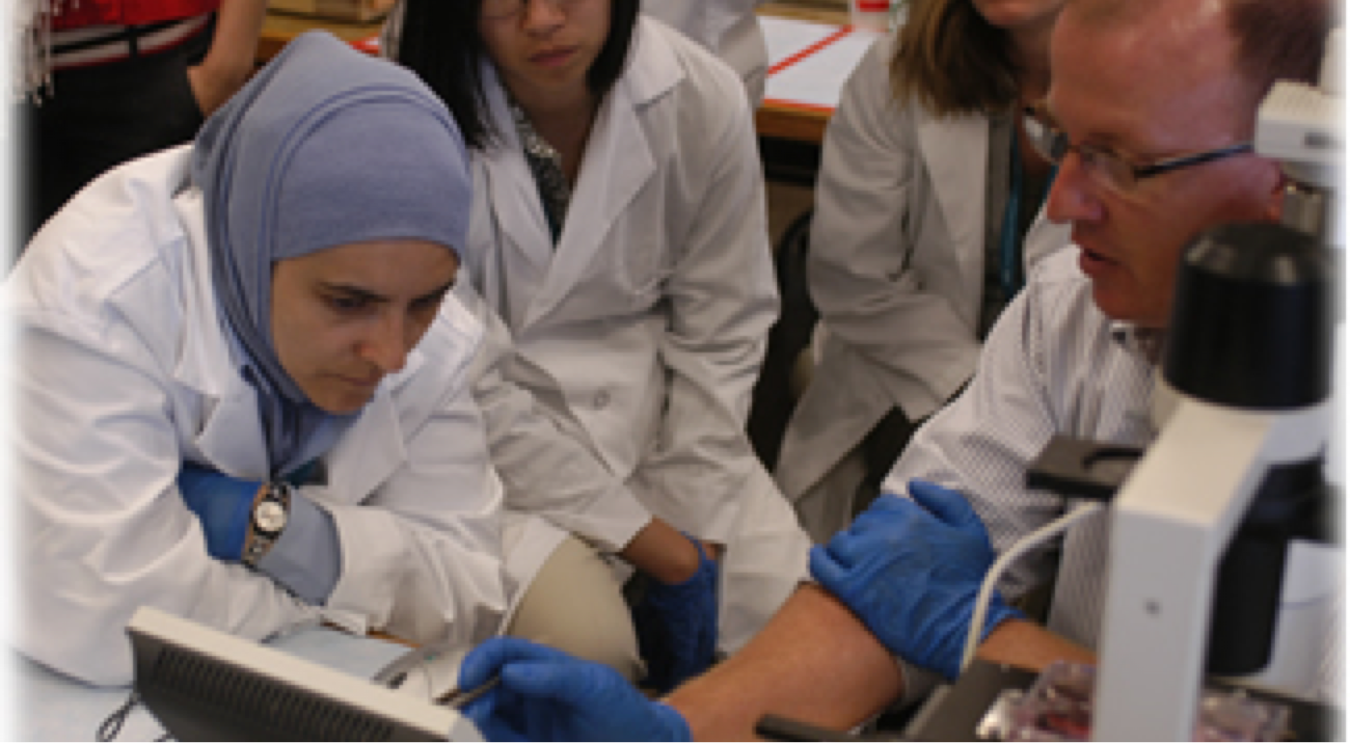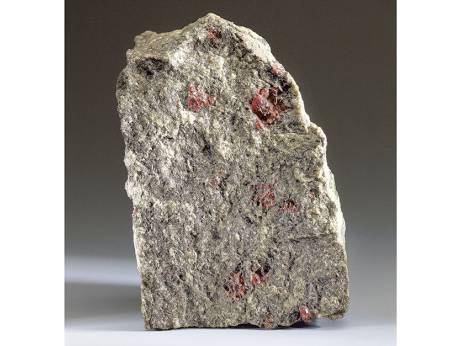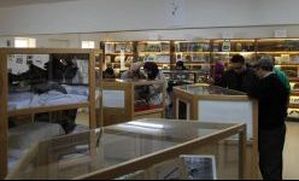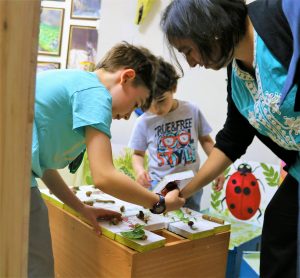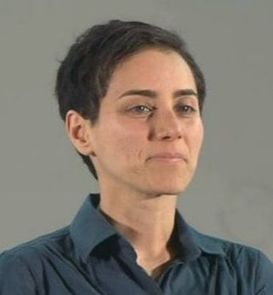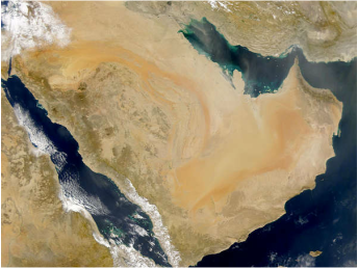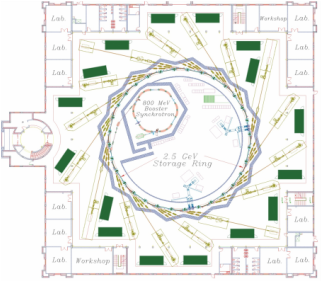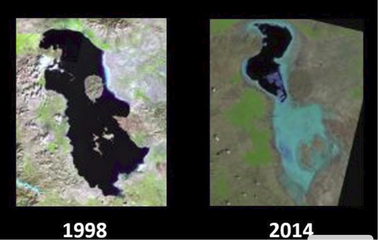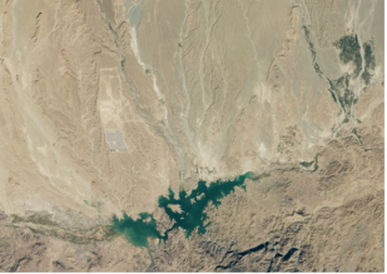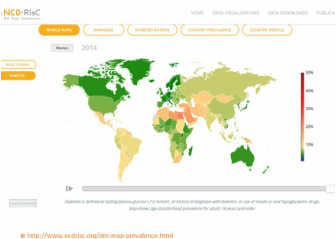Middle East North Africa Science Platform
|
MENA Science
Seed banks: the last line of defense against a threatening global food crisis
'Guardian' As climate breakdown and worldwide conflict continue to place the food system at risk, seed banks from the Arctic to Lebanon try to safeguard biodiversity. 'The seed bank that escaped Syria’s war' ICARDA, Beirut, Lebanon Originally headquartered in Aleppo, the International Center for Agricultural Research in the Dry Areas (ICARDA) gene bank became a casualty of the Syrian war and was forced to close in 2012. It is the only institution to ever make a withdrawal from Svalbard which it used to rebuild its collection, now split between Lebanon and Morocco. “For us it was invaluable,” said Hassan Machlab, country manager for Lebanon, Jordan & Palestine at ICARDA. “You cannot put a price on this collection.” The Regional Impacts of Climate Change
Report focused on 21 countries of the predominantly arid and semi-arid region of the Middle East and central Asia. The region covers approximately 9% of the world's land area. It is dominated by arid (50%) and semi-arid (11%) lands. The region is vulnerable to climate change because it is dry and water availability is thus limited. In some countries, the ability to adapt to the impacts of climate change will be reduced by a lack of infrastructure. IPCC AR6 finds unequivocal evidence
'Intergovernmental Panel on Climate Change (IPCC) published the first part of its sixth report AR6. On the current status of the climate-The Physical Science Basis :
'A.1 It is unequivocal that human influence has warmed the atmosphere, ocean and land. Widespread and rapid changes in the atmosphere, ocean, cryosphere and biosphere have occurred. A.2 The scale of recent changes across the climate system as a whole and the present state of many aspects of the climate system are unprecedented over many centuries to many thousands of years. A.3 Human-induced climate change is already affecting many weather and climate extremes in every region across the globe. Evidence of observed changes in extremes such as heatwaves, heavy precipitation, droughts, and tropical cyclones, and, in particular, their attribution to human influence, has strengthened since AR5. A.4 Improved knowledge of climate processes, paleoclimate evidence and the response of the climate system to increasing radiative forcing gives a best estimate of equilibrium climate sensitivity of 3°C with a narrower range compared to AR5.' Almarri et al., 2021, Cell , https://doi.org/10.1016/j.cell.2021.07.013
'High-coverage resource of physically phased genomes from eight Middle Eastern populations provides insights into a genetically understudied region. -Middle Easterners do not have ancestry from an early out-of Africa expansion. -Basal Eurasian and African ancestry in Arabians deplete their Neanderthal ancestry. -Populations experienced bottlenecks overlapping aridification events -Identification of recent single and polygenic signals of selection in Arabia. It enhances our understanding of regional ancestry, the spread of languages, the effects of climate change on populations, and the evolutionary history of genetic variants.' Climate Emergency
The MENA climate is characterised by arid and semi-arid zones and humans have used multiple adaption strategies to build civilisations and communities. Climate change is forcing major rethink of science, technology, innovation and sustainable development approaches to manage change and prepare for the future.
Latest research : 'results corroborate previous studies projecting the MENA region to host global hot spots for drought in the late twenty-first century.
The potential impacts of projected changes in human and natural ecosystems need to be assessed in a rigorous way to inform risk reduction decisions.' Driouech, F., ElRhaz, K., Moufouma-Okia, W. et al. Assessing Future Changes of Climate Extreme Events in the CORDEX-MENA Region Using Regional Climate Model ALADIN-Climate. Earth Syst Environ 4, 477–492 (2020). https://doi.org/10.1007/s41748-020-00169-3
|
MENA Sustainability

Long-lasting devastation to livelihoods from damage to agricultural lands in Gaza. February 20, 2024
'IFPRI' The International Food Policy Research Institute provides research-based policy solutions to sustainably, reduce poverty and end hunger and malnutrition in developing countries. It is a research center of CGIAR, Israel’s continuing attacks against Hamas are causing massive collateral damage to agricultural livelihoods and food supplies in the Gaza Strip. More than one third of agricultural lands in Gaza have been damaged since the outbreak of the war on October 7, 2023, according to analysis based on satellite imagery by the United Nations Satellite Centre (UNOSAT) and the UN Food and Agriculture Organization (FAO). The analysis compares the density and health of vegetation and crops over the past six agricultural seasons, using a method known as Normalized Difference Vegetation Index (NDVI) analysis as well as a multi-temporal classification to identify notable changes taking place in agricultural areas. Open Access | CC-BY-4.0 Palestine’s Research Capacity Is Limited by Multiple Challenges, Scholars Say
'Al-Fanar' 'Higher-education institutions in the Palestinian territories face multiple challenges in their efforts to advance Palestine’s research capacity, scholars say. While some academics attribute this failure to restrictions imposed by Israel, others point to additional reasons. The task is “very difficult and complex,” Yousef Najajreh, a researcher who studies anti-cancer drugs, said during a recent webinar organised by Scientists for Palestine, an organisation that aims to promote the integration of the Palestinian Territories into the international scientific community. Najajreh, who is a former dean of the Faculty of Pharmacy at Al-Quds University, added: “We are faced with all sorts of problems, starting from the lack of a culture of teamwork, the lack of financial resources, a shortage of infrastructure, transportation, and difficulties in sending samples abroad. As you know, we are a semi-state and not an independent one.' Rare Arabian leopard
Birth of an Arabian leopard cub in Saudi Arabia hailed as important step in efforts to save species.
The cub is the latest of 16 born in 2021 at the Arabian Leopard Breeding Center in the Prince Saud Al-Faisal Wildlife Research Center in Taif. The Arabian leopard is classified as “critically endangered” by the International Union for Conservation of Nature and numbers in the wild have declined to fewer than 200 because of poaching and loss of habitat. However, that figure is uncertain as data is hard to come by for this elusive creature, more often viewed through a camera trap. Expert from Oman -Hadi Al Hikmani, Office for Conservation of the Environment, 100 Muscat, Oman Women in STEM face challenges
'Nature Middle East'
'UK-based Egyptian computer science lecturer Mai Elshehaly considers the need for a more inclusive narrative that recognizes the diversity of women in STEM.' 'Mai Elshehaly is a lecturer in computer science at the University of Bradford, UK. Recently, two young women from very different backgrounds and stages in their education asked me if a successful academic career in computer science was possible for ‘someone like them’. Their questions made me think about what was behind the lack of confidence in their ability to excel.' Saving Endangered Hyenas in Palestine
In February, 2020, a Striped Hyena was released after ten months of nursing care by staff and volunteers at the Palestine Museum of Natural History; a huge victory in a small world.
Research conducted over time in occupied Palestine placed awareness of the Striped Hyena (Hyaena hyaena syriaca) as being among animals threatened globally according to the International Union for Conservation of Nature’s Red List of Threatened Species (IUCN https://www.iucnredlist.org/species/ 10274/45195080) as well as being endangered locally. It is widely distributed across Asia, Africa and the Middle East indicating transitional stages among known subspecies. The Striped Hyena is the only hyena of four global species found within the Palestinian territories. Palestine Museum of Natural History
The primary mission of the Palestine Museum of Natural History (PMNH) and its companion, the Institute of Biodiversity Research (PIBR) is to promote research and educate people.
The importance of conserving and protecting our natural world places strong emphasis on the teaching of elementary and high school students at the Museum. Most important is to train the young people to pass on their acquired knowledge so as to promote responsible behavior between people and the environment. To that end, students coming to the Museum play a critical role. MENA food security
' IDS'
The projected impacts of climate change on food security in the Middle East and North Africa(MENA) 'How mattresses could solve hunger'
' The BBC'
' Syrian refugees at Za'atari camp in Jordan and scientists from the University of Sheffield in the UK are working together to create a way to grow healthy, fresh food with nothing but water and old mattress foam. These 'recycled gardens' use the mattresses in place of the soil, which solves two problems in one: It reuses the mountain of plastic mattresses that have piled up in the camp and it allows everyone to grow fresh food in a crowded, desert environment.' Qatar air-conditioning the outdoors
' The independent'
Temperatures in Qatar – one of the hottest places on Earth – have risen so much that authorities have installed air conditioning in the open air including in streets and outdoor markets. Eat less meat
'Nature'
IPCC: UN climate change report calls for change to human diet. Efforts to curb greenhouse gas-emissions and the impacts of global warming will fall significantly short without drastic changes in global land use, agriculture and human diets, leading researchers warn in a high-level report commissioned by the United Nations. Environmental Sustainability
|

